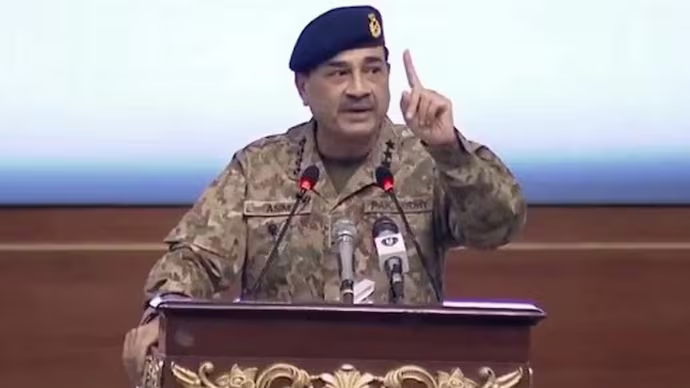Opposition Leader Honoured — But Not Without Controversy
Venezuela’s opposition figure María Corina Machado was awarded the 2025 Nobel Peace Prize for her efforts in promoting democracy, defending electoral integrity, and uniting fragmented opposition forces. Despite widespread praise, her selection has drawn criticism from various quarters.
Key Sources of Criticism
- Ties with Foreign Powers & Policy Positions
Critics point to Machado’s connections with the United States and her alignment with U.S.-backed sanctions. Her views on privatizing state-owned enterprises, such as Venezuela’s oil company PDVSA, and her openness to foreign involvement in Venezuelan affairs have raised concerns among those who fear external influence undermining national sovereignty. - Support for Israel and Foreign Policy Statements
Some of her foreign policy remarks, especially about Israel, have sparked backlash. Statements like “The struggle of Venezuela is the struggle of Israel” and supportive stances toward Israeli politics are controversial in parts of Latin America and among left-leaning critics. They argue that these statements complicate her image as a neutral champion of peace. - Elite Background & Polarised Reputation at Home
Machado comes from an upper-class background, which contributes to perceptions that she is not fully representative of poorer or marginalized Venezuelans. In her home country, references to her class origins and her economic views (favoring market liberalization) lead some to question whether her policies might worsen inequality - Blocked from Running, Living in Hiding, and Repression
She was disqualified from contesting the 2024 presidential election. Also, due to political threats and legal harassment, she has spent significant time in hiding. These factors fuel both her supporters’ admiration and critics’ concerns about legitimacy and political stability.
What Makes María Corina Machado’s Nobel Prize Controversial
- Her critics argue that awarding her the Peace Prize may appear partisan, favouring a certain political alignment rather than nonpartisan peace building.
- Supporters say that her recognition shines a spotlight on real repression, voter suppression, and the challenges facing democracy in Venezuela.
- The controversies illustrate how difficult it is globally for peace awards to universally satisfy all perspectives, especially when politics, sovereignty, and foreign policy intersect.



